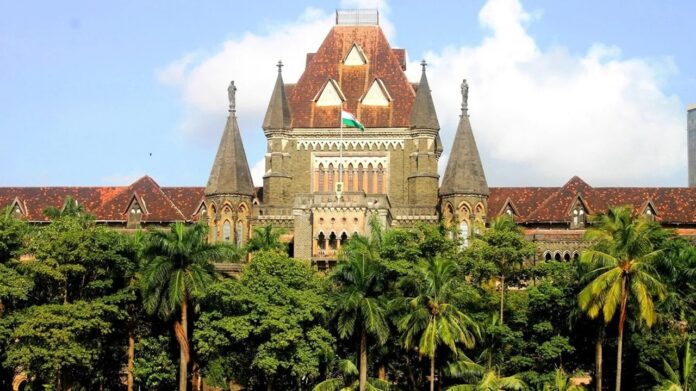Raising concerns about the increase in criminal cases involving minors in consensual sexual relationships, the Bombay High Court called for a shift from a punitive approach towards adolescents’ sexuality to one that enables access to sexual and reproductive health services.
Justice Bharti Dangre said that the criminalization of romantic relationships has burdened the justice system, consuming significant time and resources, while ultimately the victim turns hostile. It stressed the importance of striking a balance between the protection of vulnerable classes and those capable of deciding what is right for them.
The court made these observations while acquitting a man convicted under the Protection of Children from Sexual Offences Act (POCSO Act) for raping a minor girl in 2016. Both the man (25-years-old in 2016) and the girl (17 year-old in 2016) claimed that they were in a consensual relationship. The girl also stated that under Muslim law, she was an adult due to her Nikah (marriage) with the accused.
The trial court had observed that while the relationship was consensual, the girl was aged 17 years and 5-6 months and a sexual relationship with her would amount to rape, as a minor’s consent is immaterial. The High Court noted that the evidence clearly established consensual sexual activity and the conviction was erroneous.
India has probably one of the highest age of consent globally with 21 years for men and 18 years women as per Child Marriage Prohibition Act, 2006, the court remarked. Germany, Italy, Portugal, and Hungary have the age of consent as14 years, the court said, adding that the age of consent is 16 in London and Wales and 13 in Japan. The court stressed the importance of recognizing, in both society and the judicial system, the distinction between the age of consent and the age of marriage.
The court noted that the POCSO Act was meant to combat sexual exploitation of children and was never meant to criminalize consensual relationships among adolescents. It emphasized that sexual autonomy encompasses the right to engage in desired sexual activities while also being protected from unwanted sexual aggression.
The court highlighted the challenges faced in moderating youth’s behaviour in the digital age, where adolescents have easy access to the internet, mobile, OTT platforms, movies etc., which creates a deep impact upon their minds, coupled with inquisitiveness about sex and may have both positive and negative influences.
“Adolescence is a period during which an individual’s thought perception as well as response gets colored sexually. It is an age to explore and understand sexuality. Sexual curiosity in the adolescence often lead to exposure to pornography, indulgence in sexual activities, and also increase in the vulnerability for sexual abuse…easy accessibility of information made available and as Internet has become widely used resource for sexual information, especially amongst the adolescents…which may have positive as well as negative influences, upon the youth of today”, the court observed.



